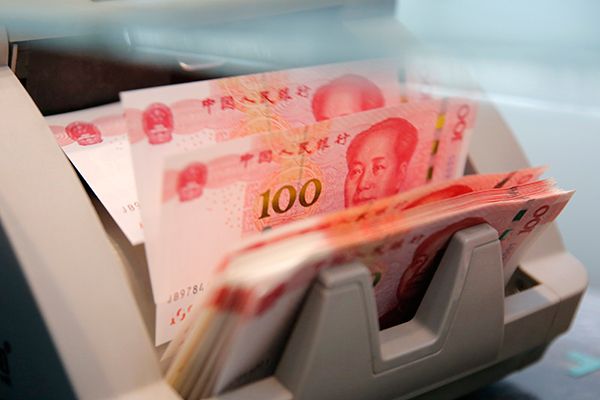China's central bank boosts liquidity via reverse repos, treasury deposits


BEIJING - China's central bank pumped 170 billion yuan ($24.86 billion) into the interbank system Tuesday, via two liquidity tools of reverse repos and fixed term treasury cash deposits.
The People's Bank of China (PBOC) carried out 120 billion yuan of seven-day reverse repos at an interest rate of 2.5 percent. No reverse repos matured Tuesday.
Besides, the PBOC channelled 50 billion yuan of funds into commercial banks via fixed term deposits of commercial banks for central treasury cash management.
A reverse repo is a process in which the central bank purchases securities from commercial banks through bidding, with an agreement to sell them back in the future. In this way, commercial banks can raise short-term capital. It is the equivalent of a short-term loan with the securities serving as collateral.
China's treasury cash is held at the PBOC, or the central bank, but commercial banks also look after a part of it in the form of short-term deposits. Eligible commercial banks compete through a tender process for the right to take on the deposits.
The two operations were made following Monday's liquidity injection of 180 billion yuan via seven-day reverse repos.
The central bank Monday cut the reverse repo rate, a key interbank interest rate, to 2.5 percent from 2.55 percent, the first such cut of its kind since 2015.
- Central bank cuts key liquidity rate for first time since 2015
- Amid inflation expectations, PBOC unlikely to adopt policy easing, rate cuts
- China faces no conditions for continuous inflation, deflation: PBOC
- Experts call for funds to boost growth
- China's central bank issues 30b yuan bills in Hong Kong



































